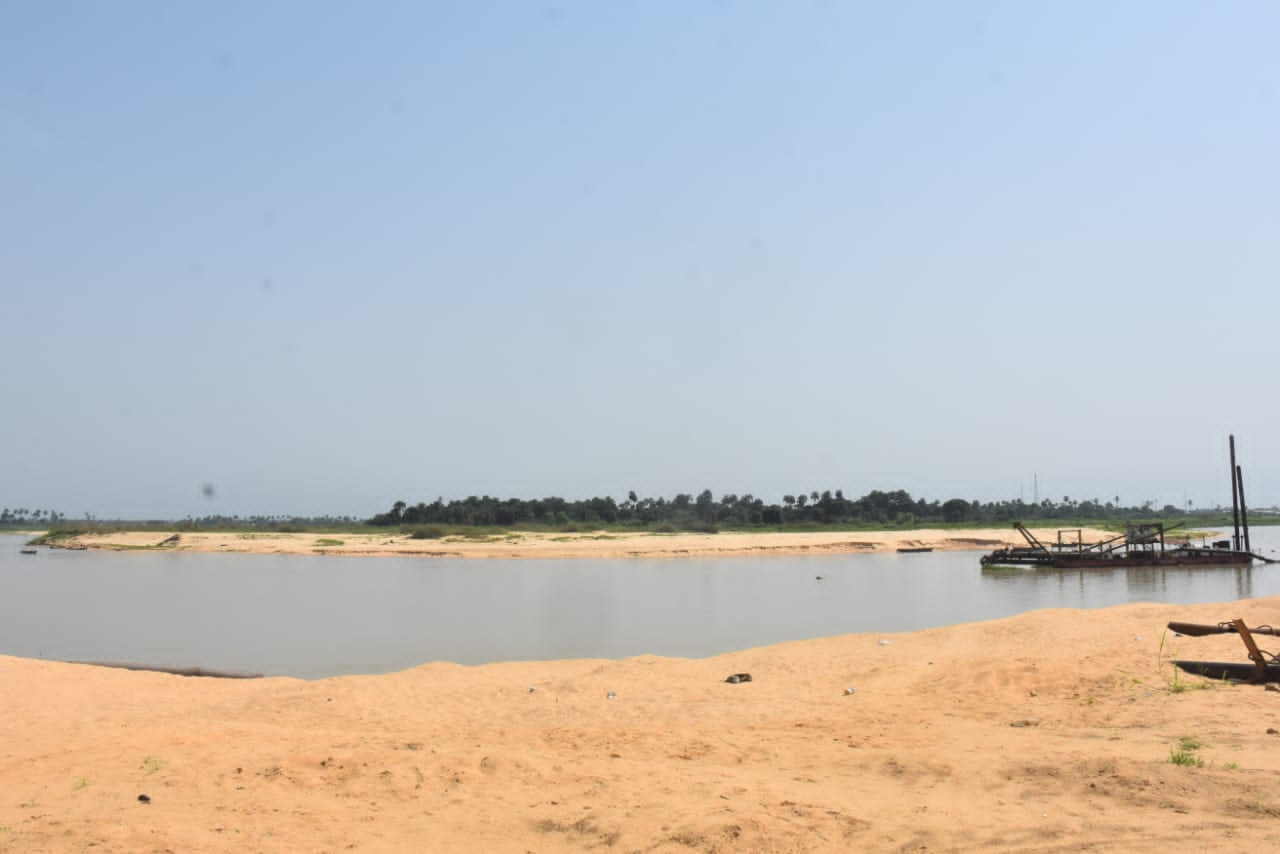Limpopo’s water crisis addressed with $250M Nedbank loan

Efforts to alleviate water shortages in Limpopo, South Africa, are gaining momentum thanks to a substantial financial boost. Nedbank Corporate and Investment Banking (CIB) has provided a R4.5 billion (approximately $250 million) loan to accelerate phase 2 of the Mokolo Crocodile Water Augmentation Project (MCWAP-2A) in Lephalale.
This project, led by the Trans-Caledon Tunnel Authority (TCTA), aims to ensure a reliable water supply for both industrial and community needs.
Limpopo, one of South Africa’s nine provinces, has been struggling with water scarcity, affecting both industrial growth and social development. In response, the government initiated the Mokolo Crocodile Water Augmentation Project (MCWAP) in 2010.
The project is focused on developing two major bulk raw water transfer systems. The first phase, completed in June 2015, included a new pumping station at Mokolo Dam and a 43km pipeline to Lephalale, enhancing the region’s water infrastructure.
The second phase, MCWAP-2A, launched in June 2019, has now secured additional funding from Nedbank CIB. Phuti Mokwatedi, Head of Public Enterprises at Nedbank, emphasized the bank’s commitment to supporting sustainable water management and sanitation.
“Access to water is a constitutional right, and this transaction exemplifies our support for government efforts to ensure water availability for all,” Mokwatedi stated.
The implementation of MCWAP-2A is managed by the GBN consortium, which includes Gibb, Bigen Africa Services, and Nyeleti Consulting. The total cost for completing all components of phase 2 is estimated at over R12.3 billion (around $674 million).
The project aims to produce 75 million cubic meters of water annually. This water will support several key projects, including Eskom’s Matimba coal-fired power plant and the Medupi thermal power plant, both crucial for South Africa’s energy infrastructure. The Medupi plant, in particular, will use the water for its flue gas desulphurization system.
Additionally, part of the water from the Crocodile River will be allocated to the Grootegeluk open-pit coal mine, operated by Exxaro, a major South African mining company. The remaining water will supply local municipalities, addressing the water needs of the broader Limpopo region.
The TCTA has identified multiple dams on the Crocodile River and its tributaries as potential sources for the project’s water needs. These include the Hartbeespoort and Roodekopjes dams on the Crocodile River, Roodeplaat and Klipvoor on the Moretele River, and Vaalkop on the Elands River. As water demand is expected to rise, these sources are crucial for sustaining the project’s goals.
Following MCWAP-2A, further phases will involve upstream pipeline installations to bypass the river if necessary and additional transfer schemes from Johannesburg
